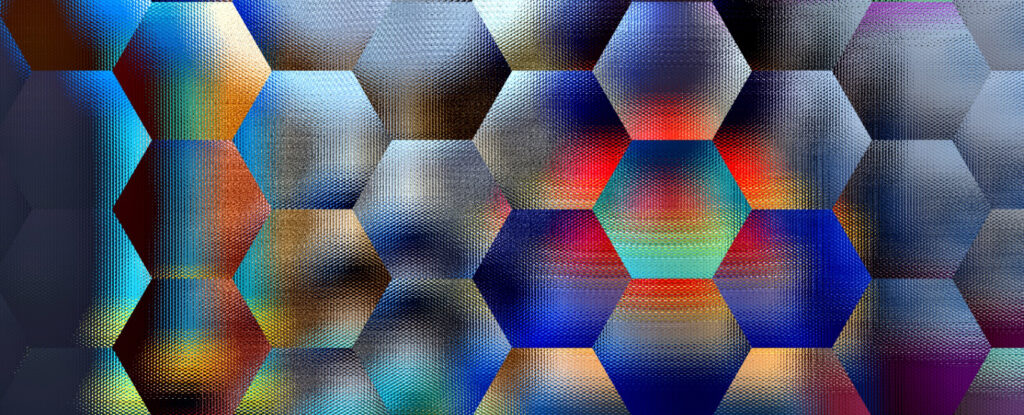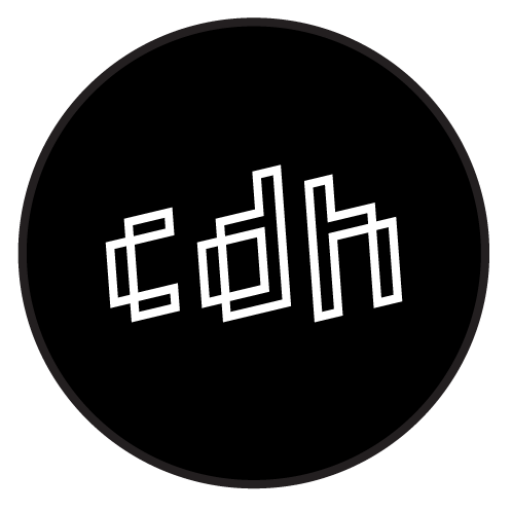
Workshops
Classes will run with a morning session from 9AM-Noon, a 1.5 hour lunch break, and an afternoon session from 1:30-4:00 PM
Registration Fees:
Full week: $30
Single Day: $10
Held at TMU Libraries Collaboratory (in person only)
The Library Collaboratory is accessed from the 3rd floor of the SLC Building: take the stairs to the 3rd floor and walk along the hallway past the elevators, or, if using the elevators, turn left when exiting: the Library Collaboratory is at the end of the hall, marked with large yellow doors.
Monday June 10
Introduction & Twine 2.0
Instructor: Jason Boyd
Morning Session: Introduction to Game Making for Scholarship & Storytelling
The course will launch with a general discussion of digital game making as an effective mode of scholarly communication and as a way to tell compelling stories in an interactive format. We will discuss concepts such as critical and persuasive games (Flanagan, Bogost), and of game making as a literacy that everyone should be able to develop (Anthropy). We will look at some exemplary games that illustrate these ideas.
Afternoon Session: Twine 2
This workshop introduces Twine 2, a hypertext & hypermedia authoring platform: Twine was first developed by Chris Klimas in 2009, and when Anna Anthropy released her book Rise of the Videogame Zinesters in 2012, it sparked a huge interest in Twine–a ‘Twine Revolution’–and an explosion in Twine games.
In this session, we will build an interactive ludic version of Aesop’s fable “The Crow and the Pitcher” in Twine 2 (using the browser-based version) in order to gain hands-on experience with many of Twine 2’s most useful features.
Jason Boyd is an Associate Professor in the Department of English at TMU, and the Director of the Centre for Digital Humanities. He directs the Stories in Play Initiative, which includes the Playable Stories Archive and the Playable Stories: Unarchived podcast. He regularly teaches an undergraduate course, “Narrative in a Digital Age,” in which he introduces students to a range of creation platforms that can be used to create a Playable Story (the main assignment of the course). In 2022, he taught a version of this course (“Procedural Creativity and Digital Humanities Scholarship”) as part of the European Summer University in Digital Humanities at the University of Leipzig.
Tuesday June 11
Ink/Inky
Instructor: Jeremy Andriano
This workshop introduces the fundamental techniques for creating dynamic, multilinear stories using the open source digital authoring platform Inky. Inky is an authoring and editing platform developed specifically for use with Ink, a narrative-focused scripting language that assists in creating complex, branching stories without requiring prior coding experience. Ink/Inky were developed by Jon Ingold and Joseph Humfrey in 2011, when they founded the game development company Inkle Studios. Since then, Ink/Inky have been used to script numerous award winning games including Overboard! (2021) and 80 Days (2014). Additionally, Inky can be fully integrated with the game-engine Unity as a middleware tool for crafting dialogue trees and other interactive textual elements.
Morning Session: Will work through the lessons and exercises provided in the open source, online textbook, Creating Playable Stories with Ink and Inky (2023). The workshop covers everything from downloading Inky to exporting your work to HTML for publication on sites such as itch.io.
Afternoon Session: Will be a collaborative, hands-on exploration using pre-made templates and Inky-made educational resources to create your own publishable work.
Jeremy Andriano (he/him) is a Master’s candidate in the joint graduate program in Communication and Culture at Toronto Metropolitan University and York University. His research investigates electronic media, culture, and technology with a focus on game studies, multilinear narrative, digital humanities, algorithm and human-computer interface. He has an undergraduate degree in English, Honours (TMU 2023), is a frequent contributor to the Unarchived Podcast, and has taught multiple workshops on Ink/Inky for the Electronic Literature Organization. He is the author of Creating Playable Stories with Ink and Inky (2023).
Wednesday June 12
Decker
Instructor: Reg Beatty
This workshop explores the playful, experimental side of digital humanities with Decker, a platform created by John Earnest in 2022. Decker is easy to learn, fun to work with, and facilitates sharing work individually or in group and classroom settings. It can be used to create interactive fiction, digital poetry, e-zines, or games, with text, sound, drawings, photographs, and animations. It can also be used for scholarly purposes, such as presentations and interactive essays. The interface and “dither-punk” graphics have been inspired by HyperCard, the highly influential Mac application from the late 80s. Decker has inherited that retro look and feel but re-imagined it for contemporary browsers and touch screens. That constrained approach is one of the design strengths of Decker.
Morning Session: Will cover all the basic features of Decker and how to start using text, drawing, photos, widgets, and interactivity.
Afternoon Session: Will cover more advanced features such as adding resources, fonts, sound, and animation and also provide time to look at any of the participants’ work-in-progress.
Reg Beatty is a bookbinder, book artist and designer. He has maintained a studio in Toronto since 1992, lectured at a variety of institutions, and taught bookarts and book design at OCADU, York University and Sheridan College. As project manager and in-house designer at Toronto Metropolitan University’s Centre for Digital Humanities, he helped create the new interface and content management system for Yellow Nineties 2.0. He received an MA in communications and culture at TMU/York, where his major project investigated the algorithmic book. His work has been exhibited in the United States, Europe, Japan, and across Canada.
Thursday June 13
Bitsy
Instructor: Jason Boyd
This workshop introduces participants to Bitsy, “a little engine for little games, worlds, and stories.” Bitsy was created in 2016 by Adam Le Doux, and, over the years has amassed a dedicated creator community, including people who have created open access ‘hacks’ that extend Bitsy’s functionality. In Bitsy, you can create short story-rich pixel-art games in an 8×8 grid (or series of such grids), where you move an avatar around and interact with objects and characters. As well, you can add sound effects and a soundtrack as well.
Morning Session: We will do a walkthrough of the Bitsy interface, play around with the built-in sample games, and look at some example Bitsy games.
Afternoon Session: Using Bitsy, we will build a short interactive version of Emily Dickinson’s poem, “A Bird, came down the walk -”.
Friday June 14
Day of Game Building
Lead by: Jeremy Andriano, Reg Beatty, Jason Boyd, and Bobby Papoutsis
This workshop will provide an opportunity for participants to work on their games under the guidance of workshop instructors. Participants will have a chance to share their works in progress with others in attendance.
